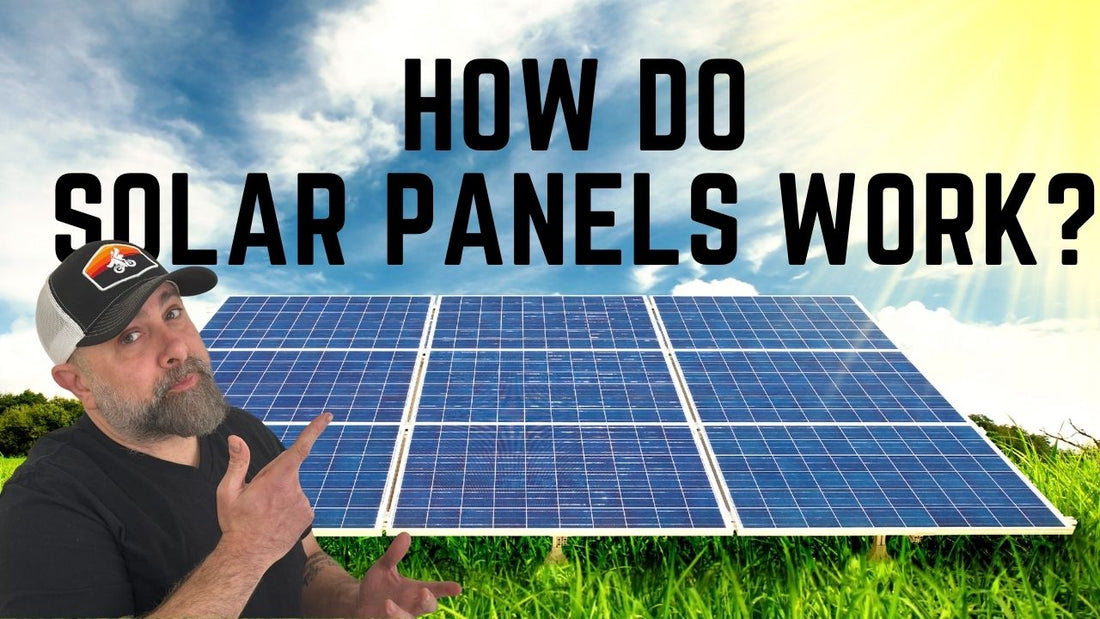In an era where sustainable energy sources are paramount, solar panels have emerged as a popular and eco-friendly solution. But how do solar panels work? We’re going to discuss the basics of solar panels, explain their working mechanism, and introduce some beginner-friendly solar panel kits for those interested in DIY projects.
How do Solar Panels Work?
Solar panels are composed of photovoltaic (PV) cells, which convert sunlight into electricity. These cells are made of semiconductor materials, typically silicon. When sunlight hits a PV cell, it energizes the electrons in the semiconductor material, causing them to flow and create an electric current.
This process is known as the photovoltaic effect. Photovoltaic means light and voltage.
Key Components of a Solar Panel System
- Solar Panels: The most visible part of the system, responsible for capturing sunlight and converting it into direct current (DC) electricity.
- Solar Inverter: Converts DC electricity from the panels into alternating current (AC) electricity, which is used by most home appliances.
- Battery Storage (Optional): Stores excess energy produced during the day for use at night or during low sunlight conditions.
- Charge Controller: Regulates the voltage and current coming from the solar panels to the battery, preventing overcharging and damage.
- Mounting System: Structures that hold the solar panels in place, either on a roof or on the ground.
- Electrical Wiring and Interconnections: Ensures safe and efficient transport of electricity from the solar panels to the inverter and then into the home.
- Monitoring System: Allows user to track the performance of their solar system, including energy production and consumption.
Solar Panel Kits for Beginners
For those interested in starting with solar energy, DIY solar panel kits are an excellent option. These kits typically include solar panels, an inverter, and sometimes a battery. They are designed for ease of installation and often come with instructional guides. Some popular kits for beginners include:
- Basic Starter Kits: Ideal for small applications like lighting or charging small devices. These kits usually include small solar panels, a charge controller, and necessary wiring.
- RV and Marine Kits: Tailored for mobile or off-grid use in RVs, boats, and cabins. These kits are compact and designed for easy installation in limited spaces.
- Shed Solar Kits: Larger systems intended for shed or tiny home use. They include multiple panels, an inverter, and usually battery storage options.
Projects for Beginners
Beginners can start with small-scale projects to familiarize themselves with solar technology. Some project ideas include:
- Solar-Powered Phone Charger: Utilize a small solar panel kit to charge phones or tablets.
- Solar-Powered Water Pump: A practical project for gardening enthusiasts, using solar power to operate a small water pump for a home garden.
Solar panels offer a sustainable and increasingly affordable way to generate electricity. With the availability of various solar panel kits, even beginners can embark on this eco-friendly journey. Whether it's a small solar-powered charger or a full-fledged solar system, there are tons of possibilities. As solar technology continues to evolve, it becomes more accessible, encouraging more individuals to explore this renewable energy source.

